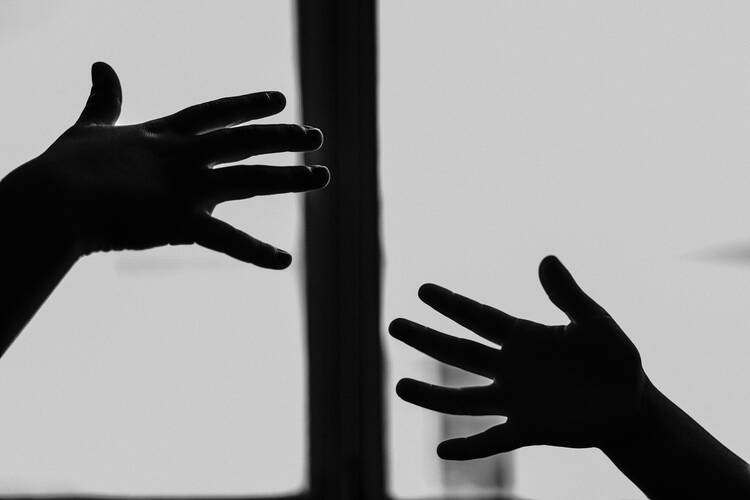A Reflection for Friday of the Fourth Week of Lent
You can find today’s readings here.
“You know me and also know where I am from. Yet I did not come on my own, but the one who sent me, whom you do not know, is true. I know him, because I am from him, and he sent me.” (John 7:28-29)
Jesus had a knack for getting into trouble. In today’s Gospel, we hear that people were trying to kill Jesus. He decides to observe the feast of Tabernacles in Jerusalem, “not openly but as it were in secret.”
The “secret” didn’t last long. Jesus blew his own cover. “When the feast was already half over, Jesus went up into the temple area and began to teach.” (John 7:14, which is not included in today’s reading, but is from this passage in John’s Gospel). As he spoke, some in the crowd were amazed, and others criticized him. Some didn’t listen, in part, because he was from Galilee.
Galilee is a fertile region in northern Israel. In the New Testament, it is described as a place of mixed cultural background, though it was mostly Jewish during the time of Jesus. It was on a trade route and the areas surrounding the Sea of Galilee enjoyed robust fishing. And Galileans spoke with an accent (see Matthew 26:73, for example).
The agrarian Galilee, I’m sure, provided Jesus so many lessons growing up. His context seems to inspire so many of his parables, like the mustard seed, the lost sheep, the unforgiving servant, the barren fig tree, the sower.
But knowing someone’s hometown can sometimes be an obstacle. That comes up now and then in the Gospels. Some people just can’t get over where Jesus was from. (Recall Nathanael, for example, saying, “Can anything good come from Nazareth?” (John 1:46)
When someone knows little more about you than where you are from, that person might fall into stereotypes. In the United States, a country with immigrants from all over the world, it can be easy to form prejudicial habits.
God demands more of us. We must see past accents and set aside preconceptions. We must recognize the dignity of each person as an individual, regardless of their group or national affiliation. It could be that the person is meant to be here. Perhaps God sent them.








